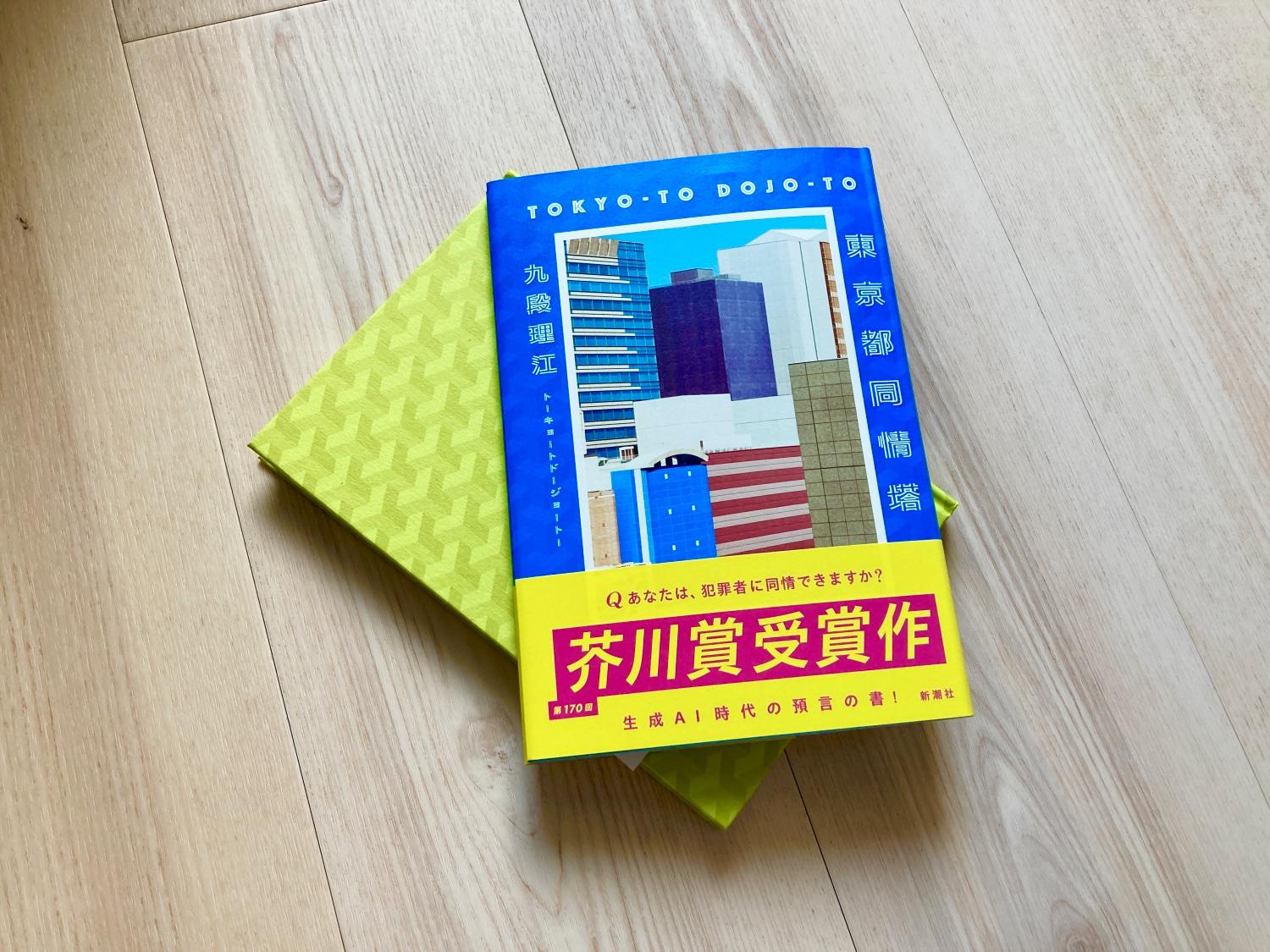Overview

I lent this book to a friend. Over tea, we shared our thoughts on it. It’s so enjoyable to discuss a book you’ve both read or to share drawings of the same subject. My friend’s impressions were vastly different from mine, which I found fascinating, so I decided to write about it here.
My Friend’s Impressions and My Reflections
- Makina-san feels like she’s “not speaking with her own words” and is instead “speaking out of obligation.”
- Hmm. Are they referring to her signature phrases, such as, “Suppose there’s a woman saying this here. What do you think?” or “It’s impossible. Because if I said what I shouldn’t, I...”?
- The “out of obligation” part makes sense. Makina-san is someone who takes full responsibility for all her words and actions. Everything she says feels like it’s filtered through self-censorship. It’s understandable to describe this as speaking out of obligation.
- However, describing this as “not speaking with her own words” is a perspective I don’t personally share.
- This sense of obligation might stem from Makina-san’s experience of sexual assault.
- In high school, she was sexually assaulted by her partner. However, because they were in a relationship, and she had invited him to her home, it was deemed not assault. Officially, it’s as if it never happened.
- At the time, Makina-san was unable to prove the assault in her own words. This failure left a deep wound, perhaps leading to her fixation on the content of her statements—this is my friend’s analysis.
- It’s moving when Takuto-kun says to this “not speaking with her own words” Makina-san, “Makina Sara is here.”
- This is during the middle of the story, after dinner, when a drunken Makina-san expresses her resistance to sexual exploitation. She repeats her usual line: “Suppose there’s a woman saying this here. What do you think?” Takuto-kun responds coolly: “You don’t need to use hypotheticals. Makina Sara, the architect, is right here. I see and hear you.” To which Makina-san murmurs, “I’m here,” as if realizing it for the first time.
- It’s wonderful that my friend was moved by this passage, but I couldn’t fully empathize.
- Still, not fully relating is part of what makes sharing impressions so interesting.
- Makina-san’s words feel flavorless.
- I found this comment intriguing because, to me, “What? Her words are full of flavor!” That’s probably because I deeply resonate with her way of taking responsibility for what she says.
- On the other hand, my friend values raw emotion. For me, such uncensored words often feel flavorless instead.
- Of course, there’s no intention to criticize. What’s fun is exchanging ideas with someone whose sensibilities differ from yours, using the same book as a common ground.
Reflections
That’s why, officially, she hasn’t been sexually assaulted.
As a result, I officially do not know the pain of actual assault. Therefore, I don’t have the right to say, “I feel like I’ve been assaulted.”
This resonates with me. Midori-san struggled with depression for six years during middle and high school but was never formally diagnosed. Likewise, I feel I don’t have the right to say, “I’ve experienced depression.”
The difference between “assault” and “assault,” or “depression” and “depression,” is something I deeply understand. And that’s fine. As long as I don’t impose it on others, I’ll continue to cherish my own “depression.”





